Territorial Ecologies
Harvard University Graduate School of Design
Department of Landscape Architecture
Landscape Architecture IV
Core Studio
Department of Landscape Architecture
Landscape Architecture IV
Core Studio
Teaching Faculty: Pierre Bélanger (coordinator), Fionn Byrne, Sergio Lopez-Pineiro, Nicholas Pevzner, Robert Pietrusko
Description:
If the predominant challenges of the next generation operate on a range of territorial scales and across the boundaries of political states, then ecology offers new synthetic and systemic strategies of intervention. Not only are the predominant challenges facing urban economies today—from shifting climates, resource economies, and population movements—redrawing the contours of conventional practices and the borders of state jurisdictions, they now form an extremely complex and frictional terrain of engagement where dynamic hydro-meteorological forces collide and confront fixed socio-economic infrastructures.
If the predominant challenges of the next generation operate on a range of territorial scales and across the boundaries of political states, then ecology offers new synthetic and systemic strategies of intervention. Not only are the predominant challenges facing urban economies today—from shifting climates, resource economies, and population movements—redrawing the contours of conventional practices and the borders of state jurisdictions, they now form an extremely complex and frictional terrain of engagement where dynamic hydro-meteorological forces collide and confront fixed socio-economic infrastructures.
Through the contemporary alignment of the disciplines of landscape architecture, civil engineering and urban planning, this course engages the territorial and temporal processes of design and un-design through a series of collaborative exercises leading to an advanced and sophisticated design project. With an outlay of prospective and projective scenarios, new states exploring the advantages and values of weaker systems of intervention, entailing forms of sub-urbanization and underdevelopment.
With a focus on multi-layered, ecological processes associated with the basic building blocks of urbanization—including plants, soils, water, projects will engage representation as a process of design research where temporal and dynamic forms of representation will be operationalized—in time, across a range of scales: from small, micro-scale interventions, to large, macro-scale effects.
Drawing from canonical case studies and strategic projects in landscape architecture, the studio is further enhanced by a robust, representational program that addresses a gamut of ecological flows at a range of scales through the multimedia language of maps and models. Supported by digital media, visual techniques, readings and field work, a series of bi-weekly workshops throughout the semester address the interrelated subjects of mapping and modeling where the territory of time is instrumentalized as scalable, design media.
Contributing to the telescopic profiling of site as 'system' and the reformulation of program as 'process', this collaborative studio-based course establishes a platform for responding to a web of different dynamics related to regulatory frameworks, site contamination, biophysical systems, risks & vulnerabilities, military & civilian operations, urban infrastructures, economic geographies, and terrestrial ecologies.
Advancing the agency of ecology as dominant driver in design, this course thus involves the formulation of “territorial ecologies” where landscape operates as a synthetic infrastructure of living systems—live, lived, living, and alive—where the flexibility and polity of biophysical processes can help shape, direct and prepare for imminent and emergent urban complexities of the 21st century.
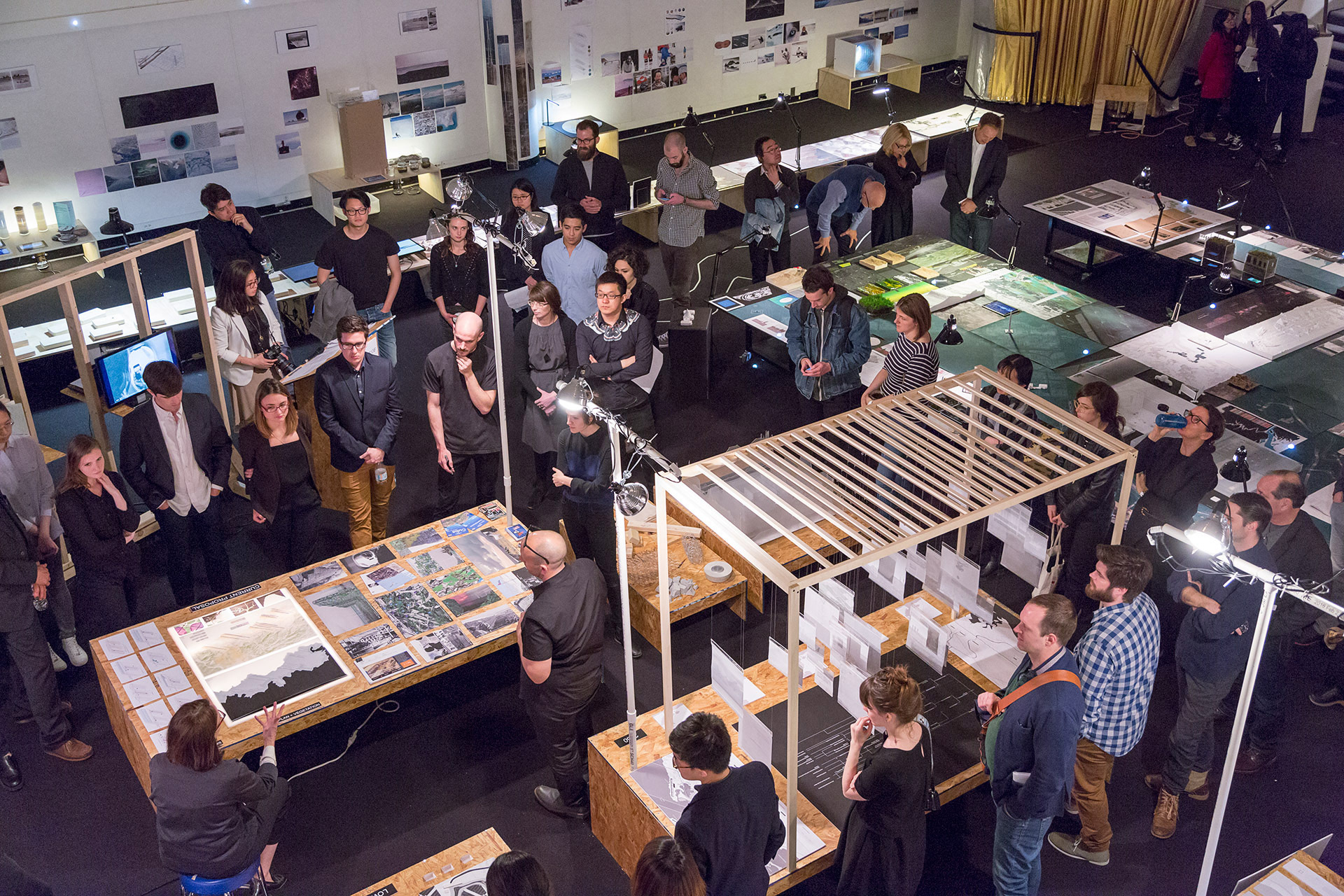
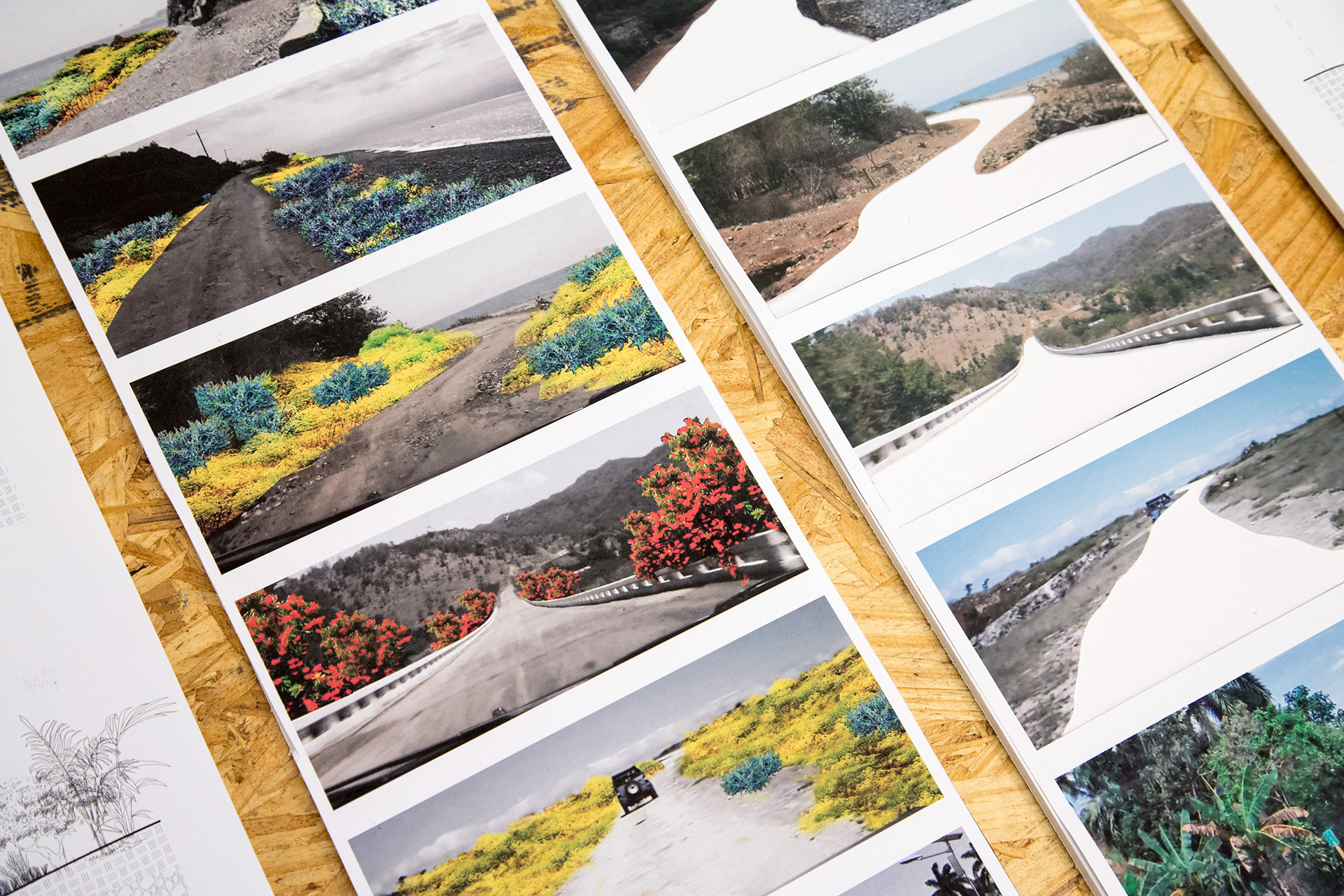
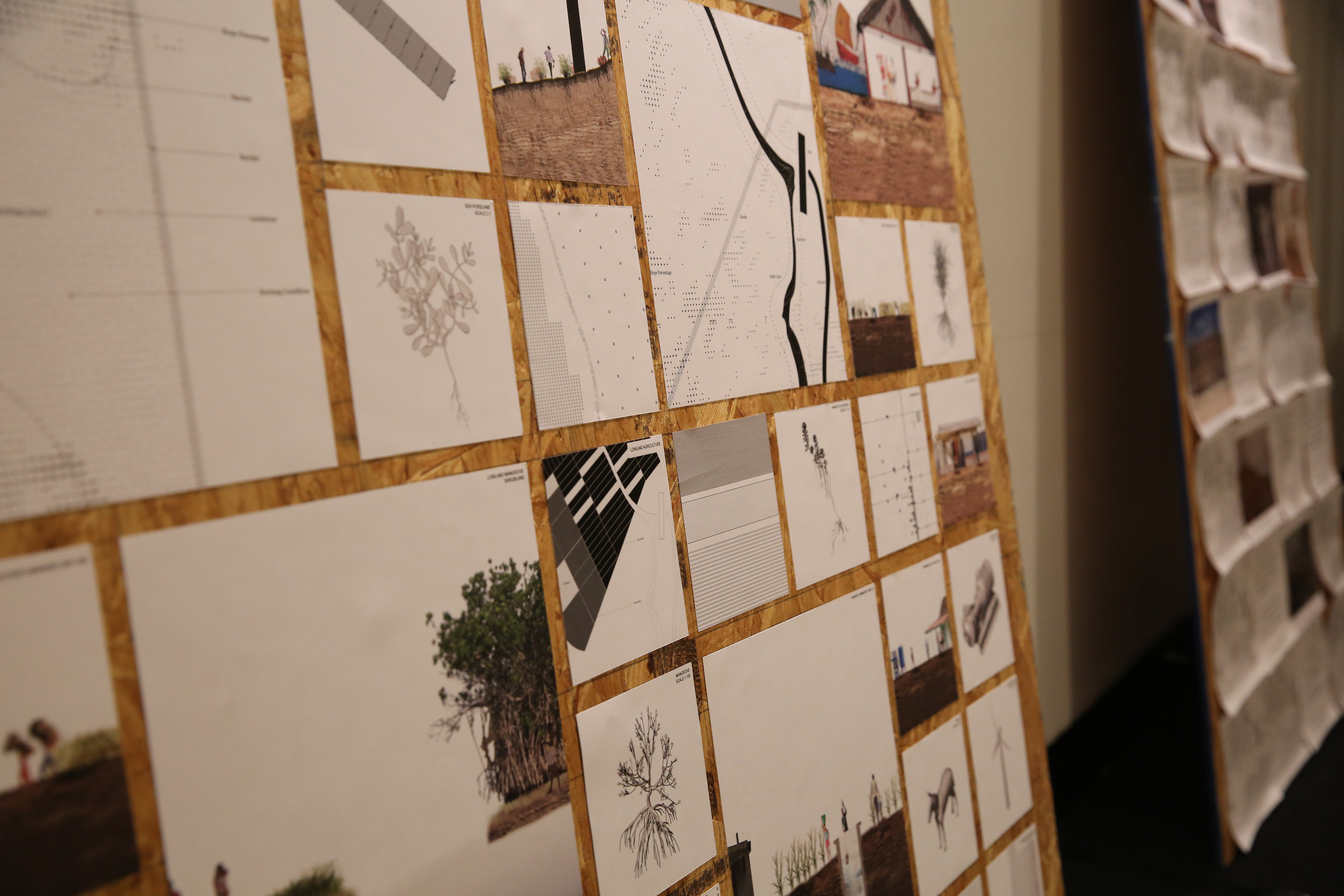
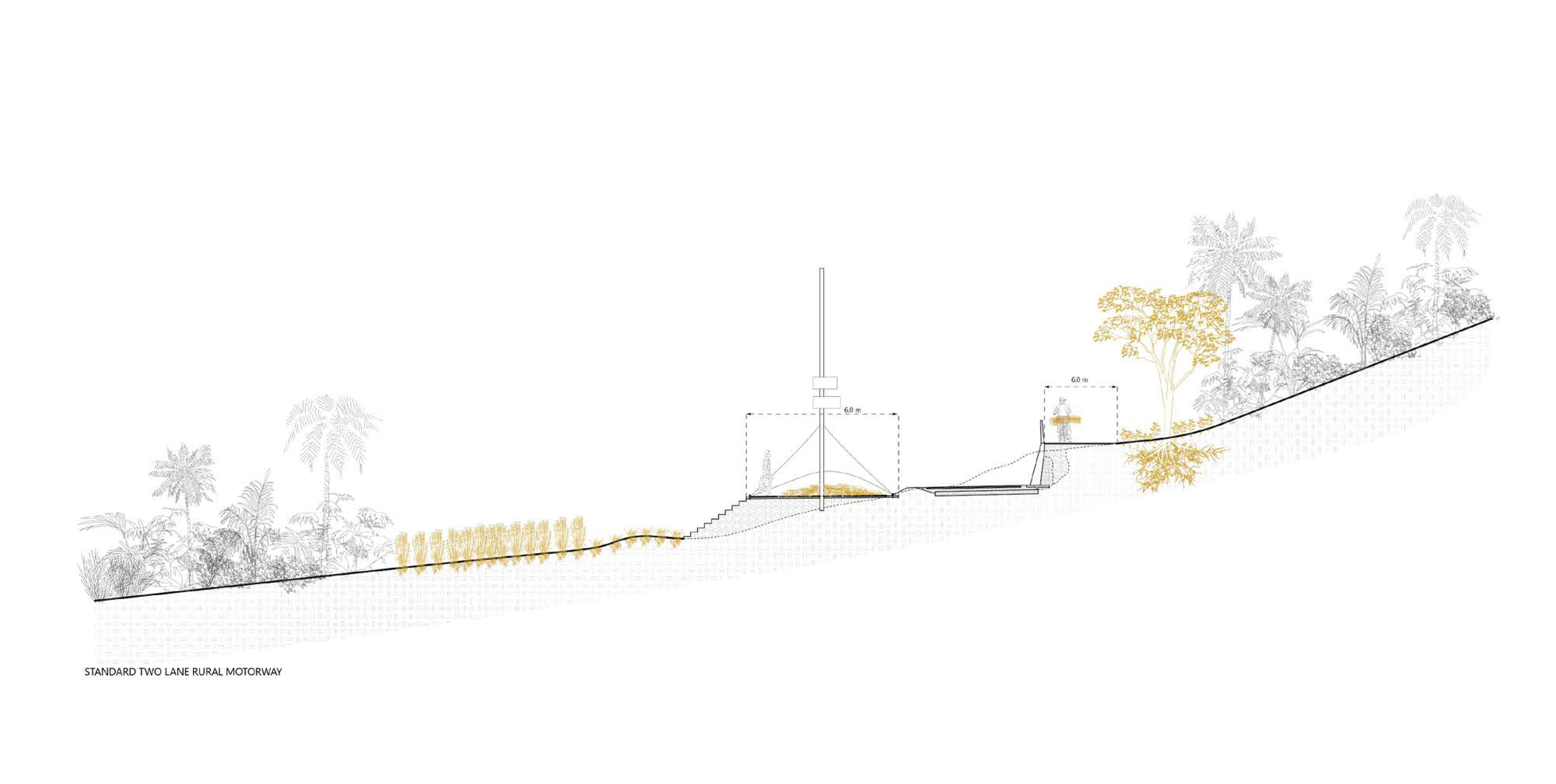
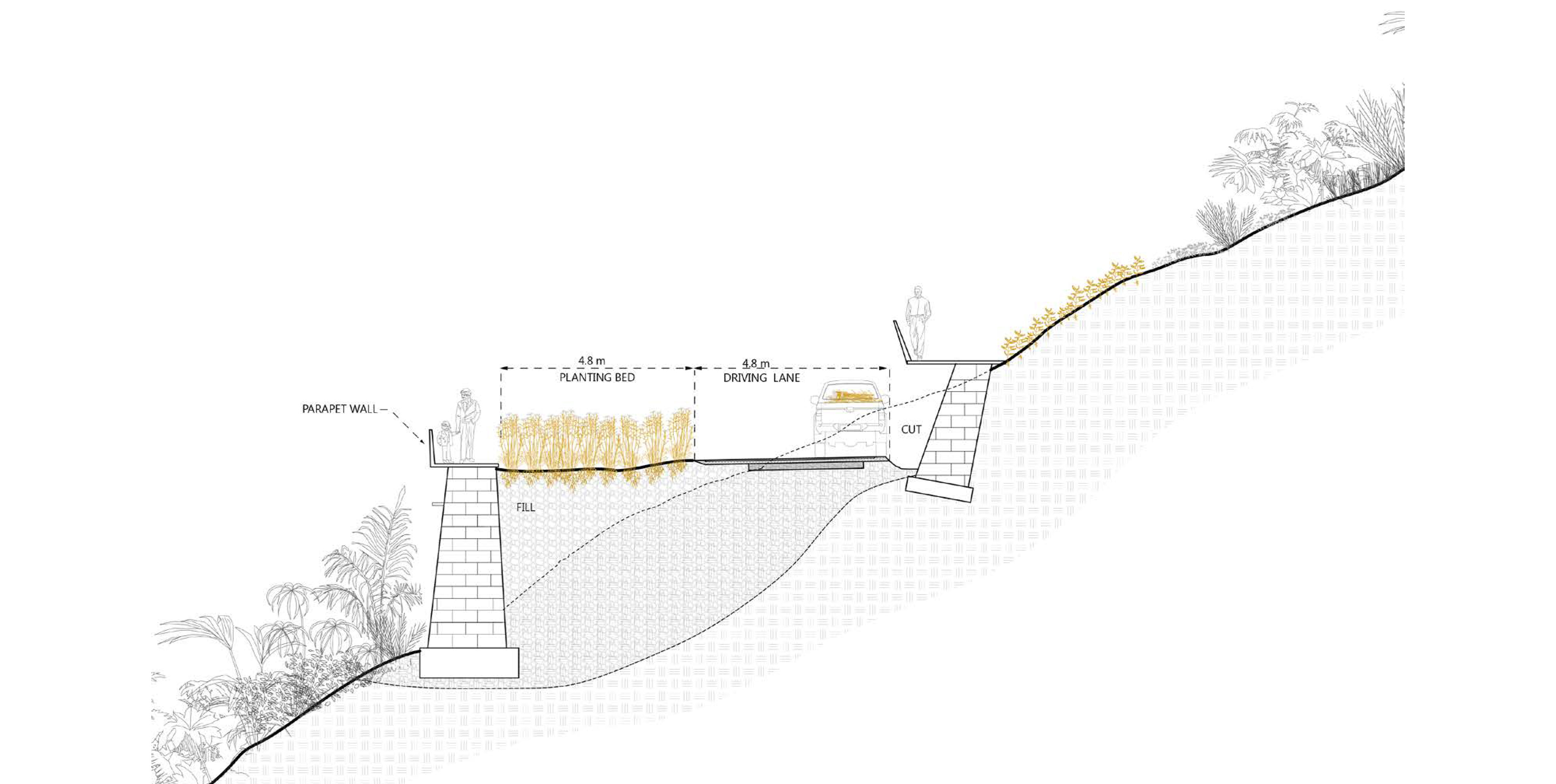
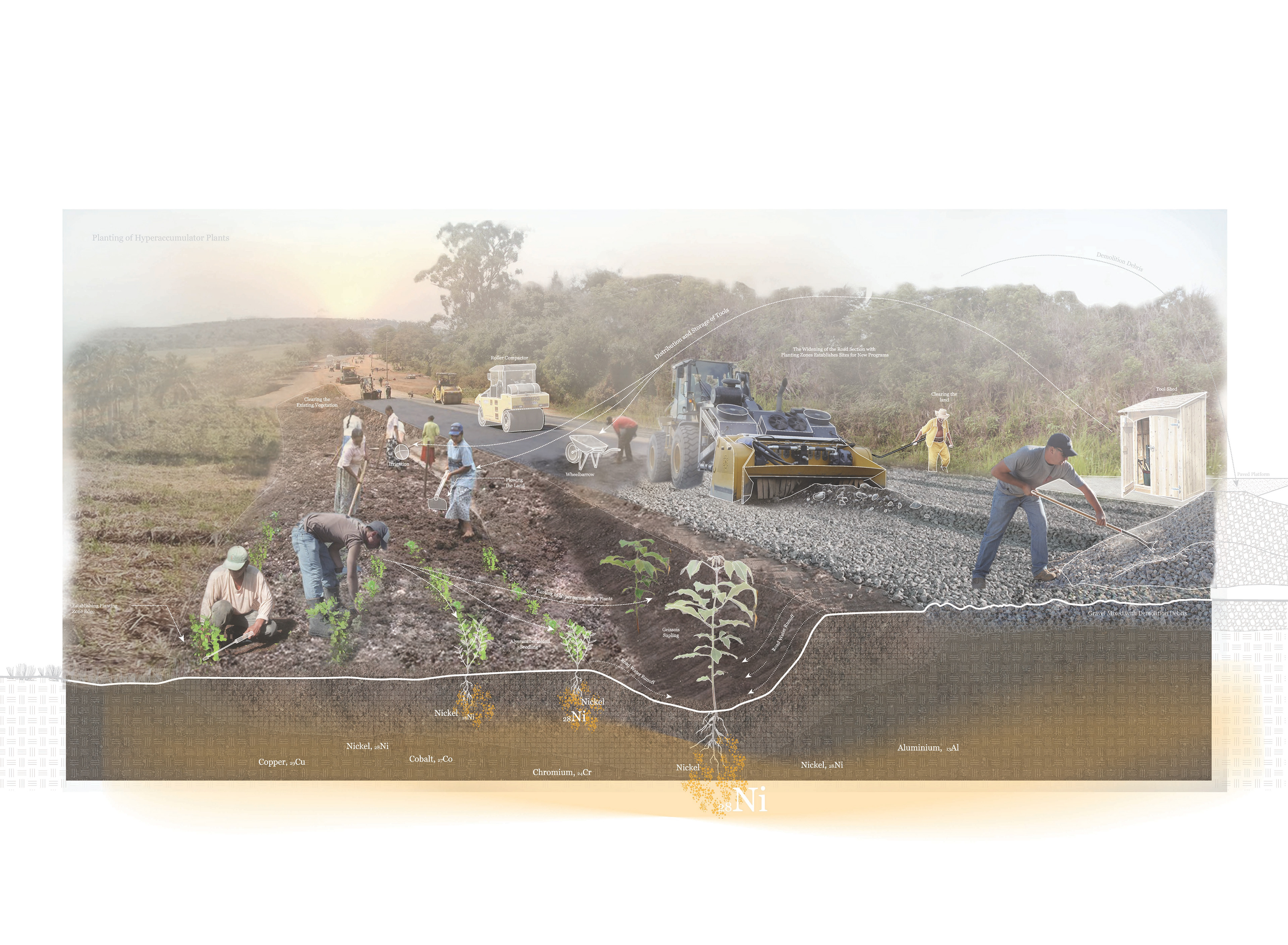
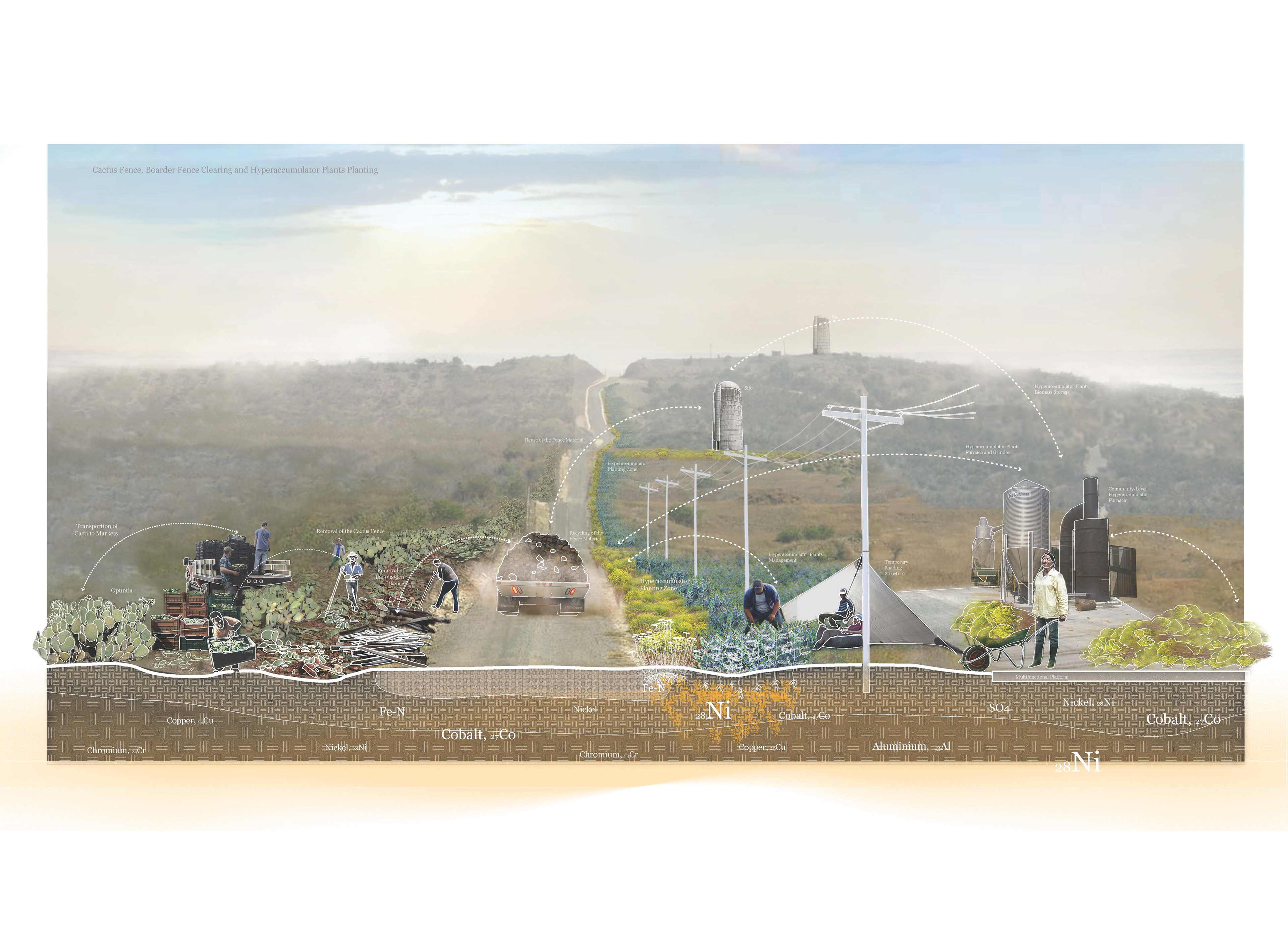
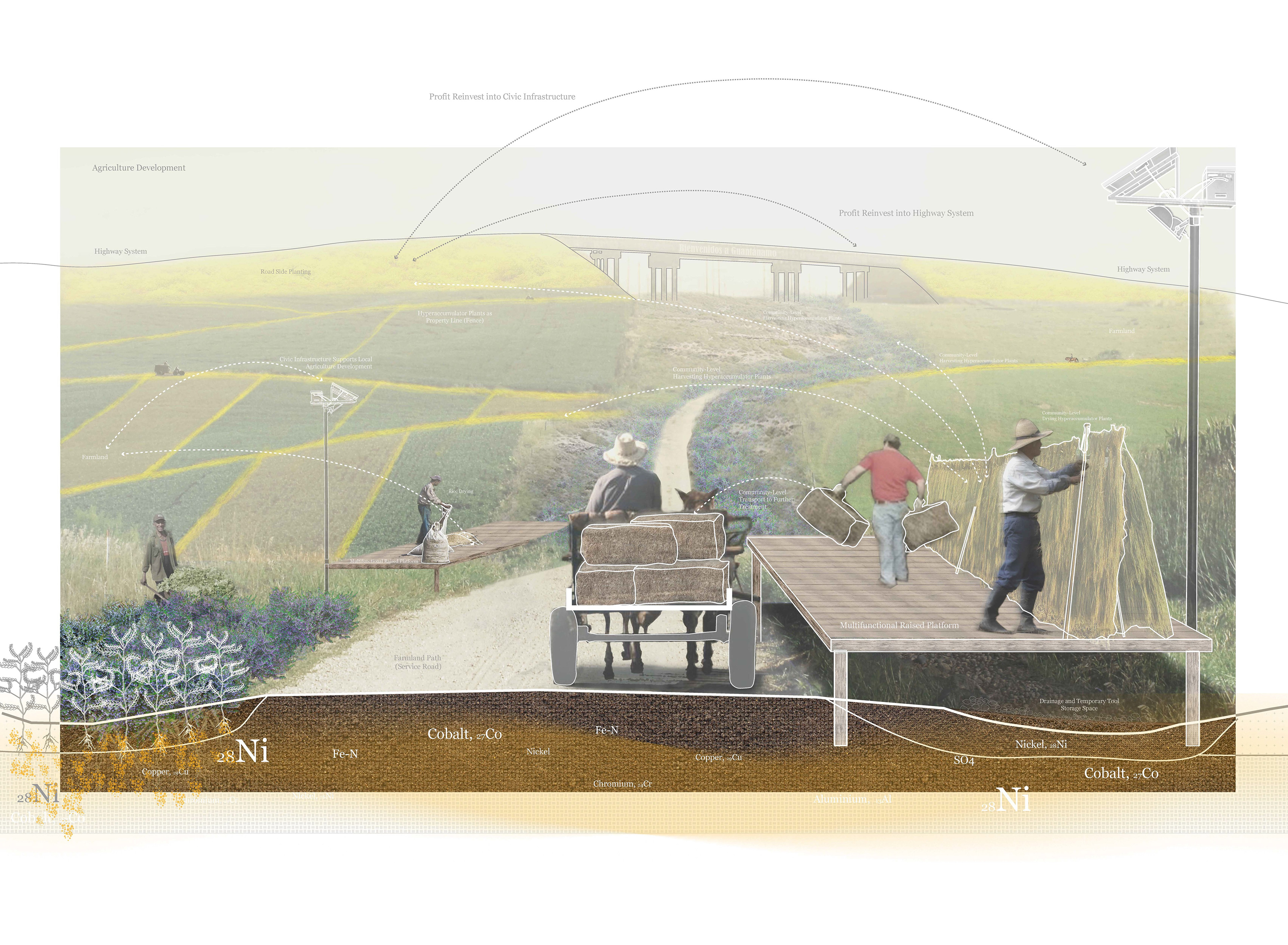
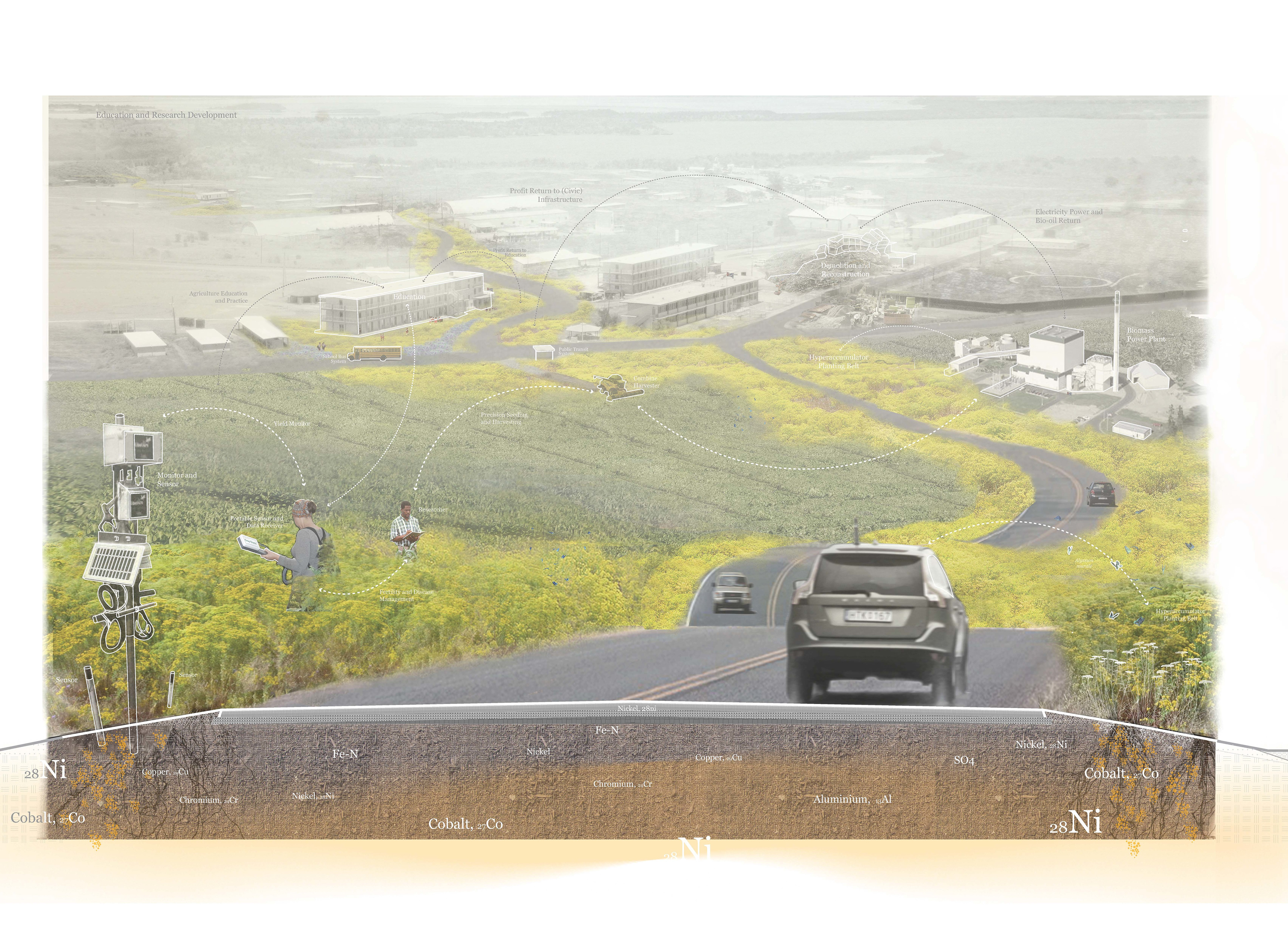
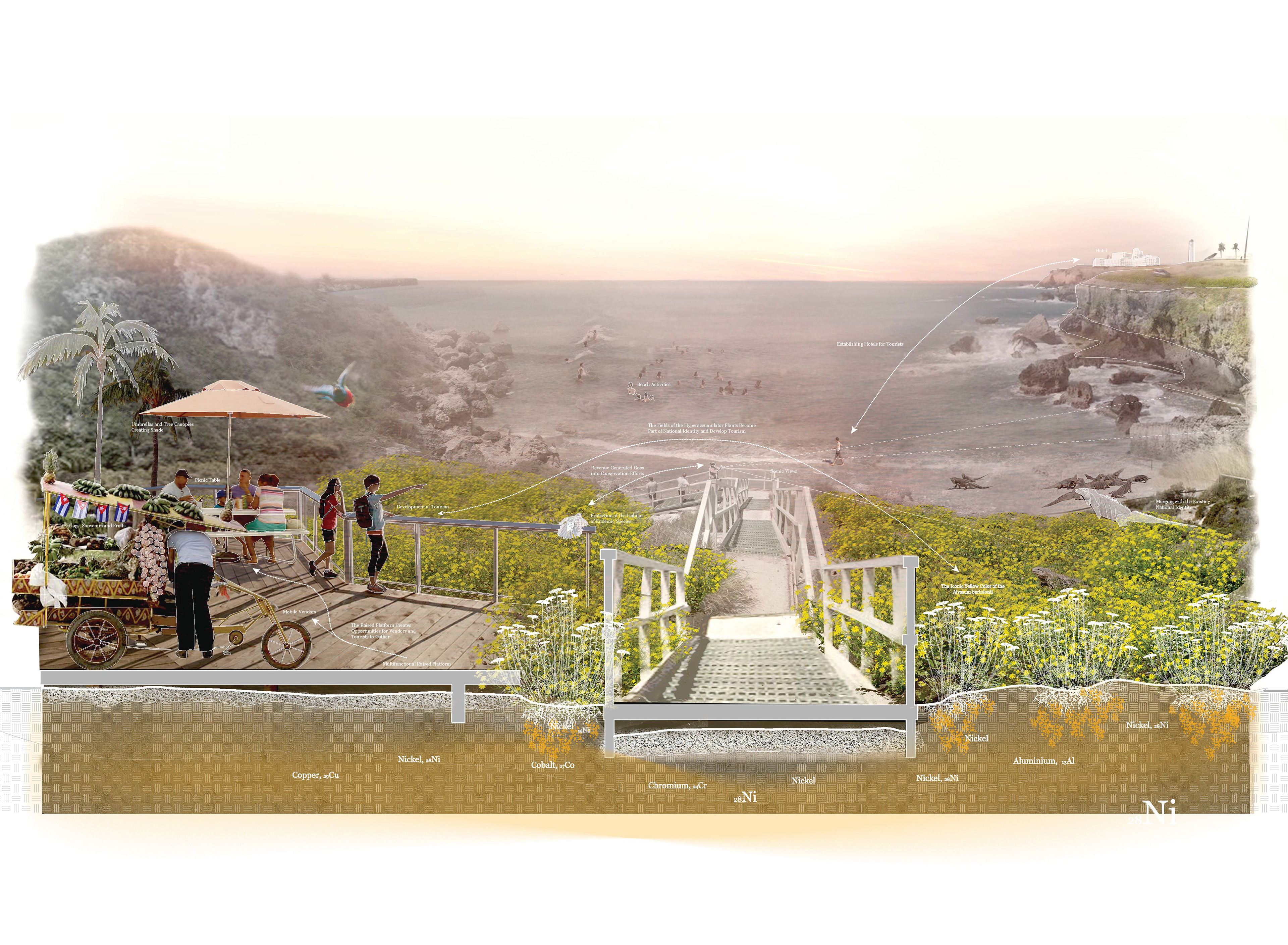
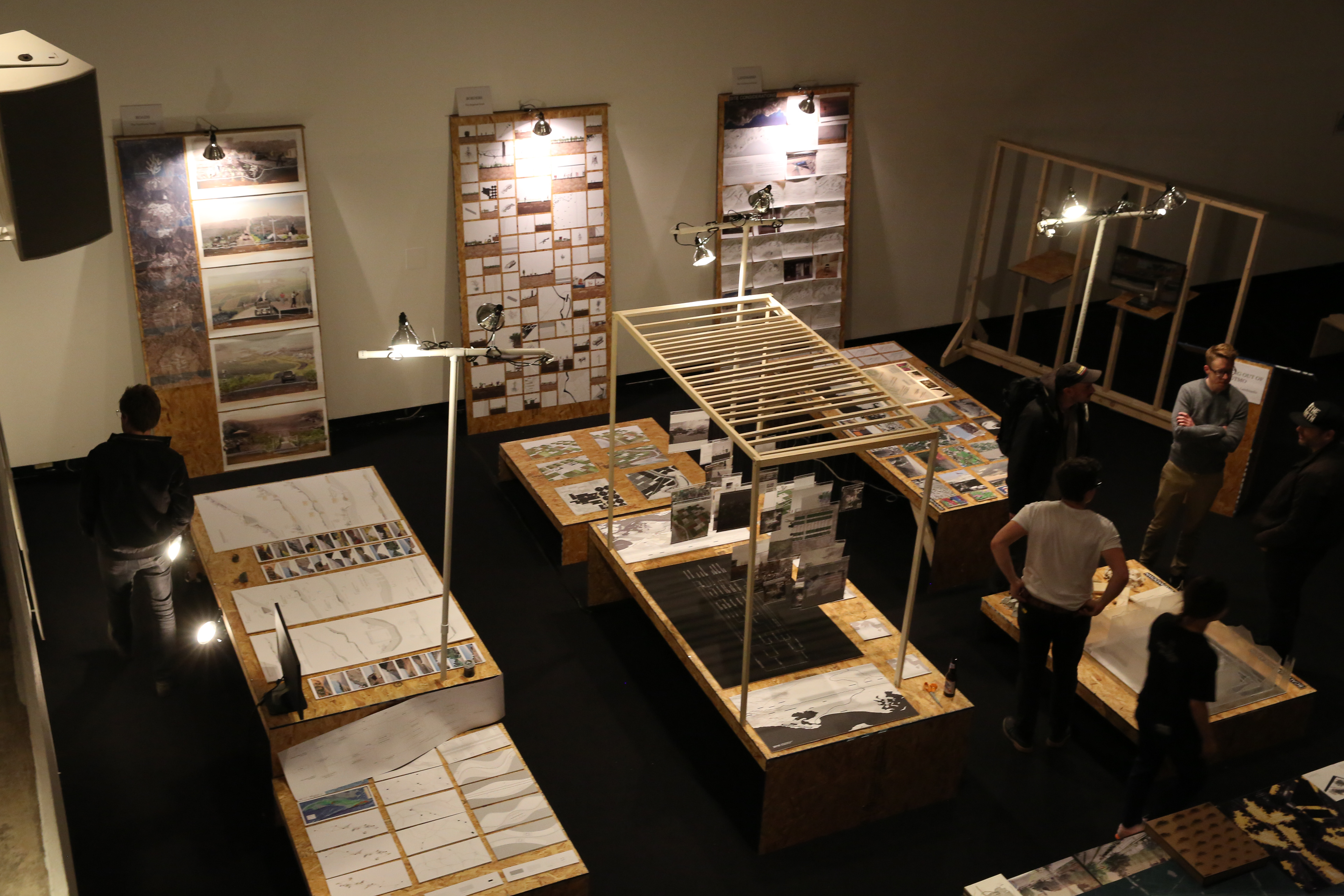
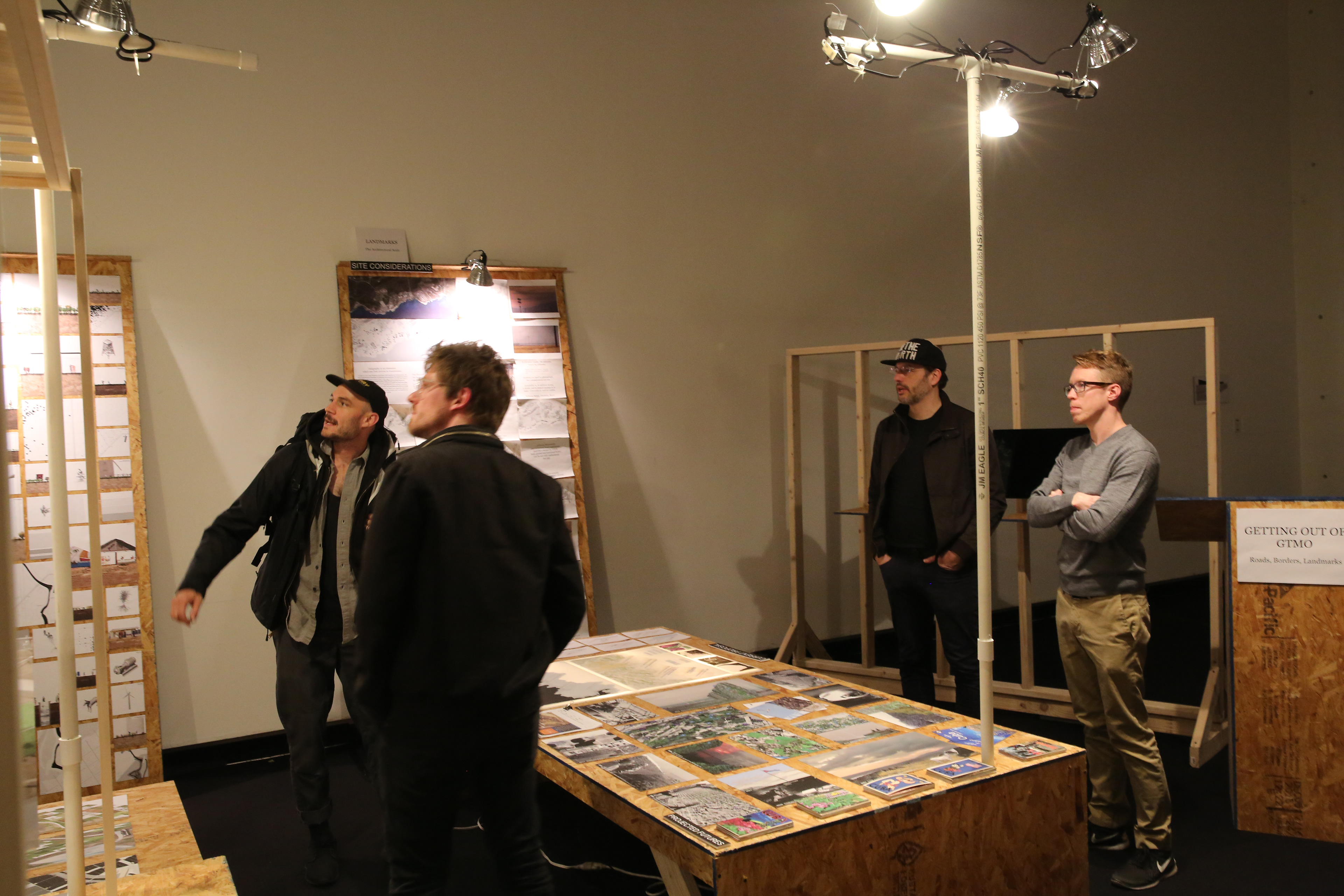
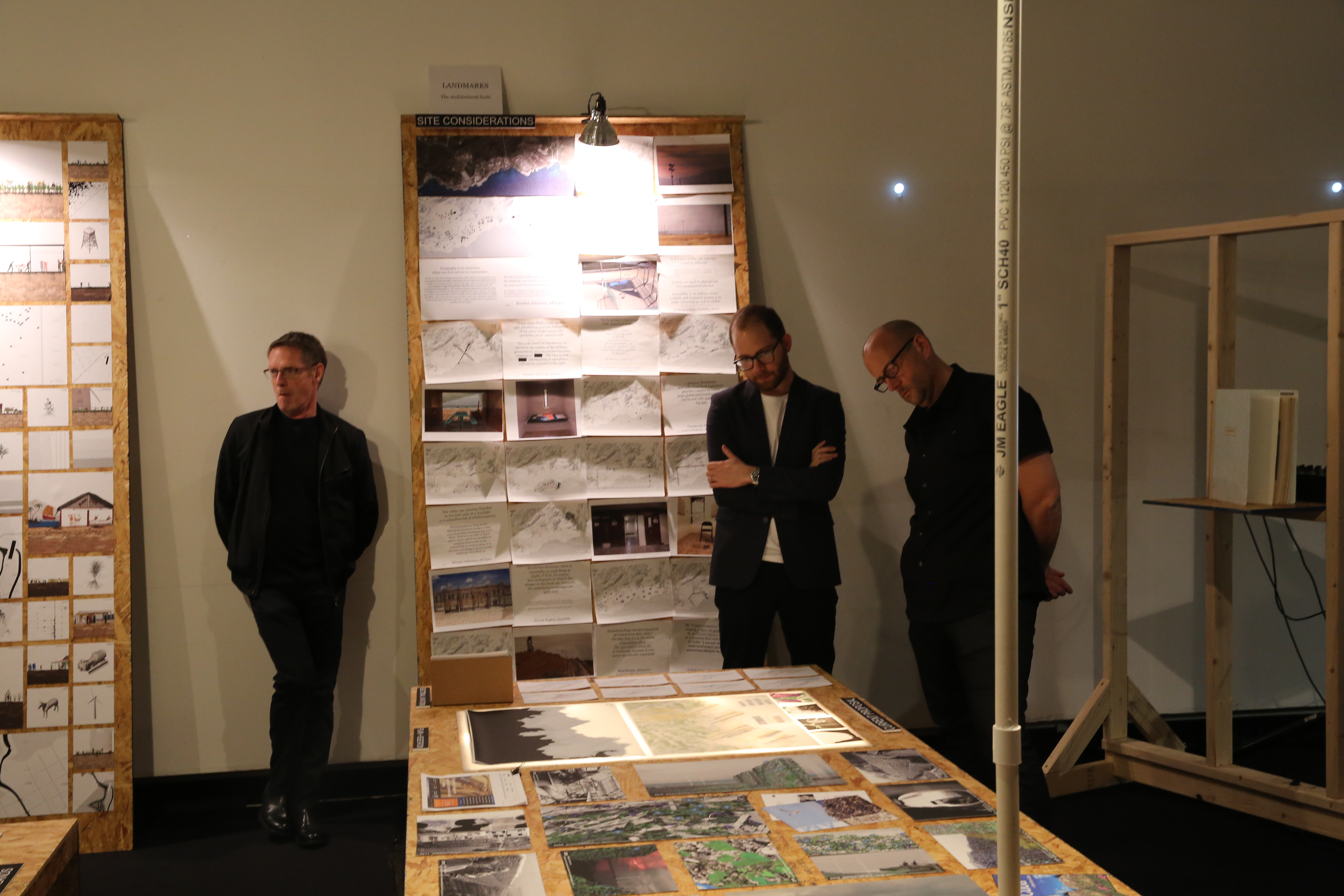
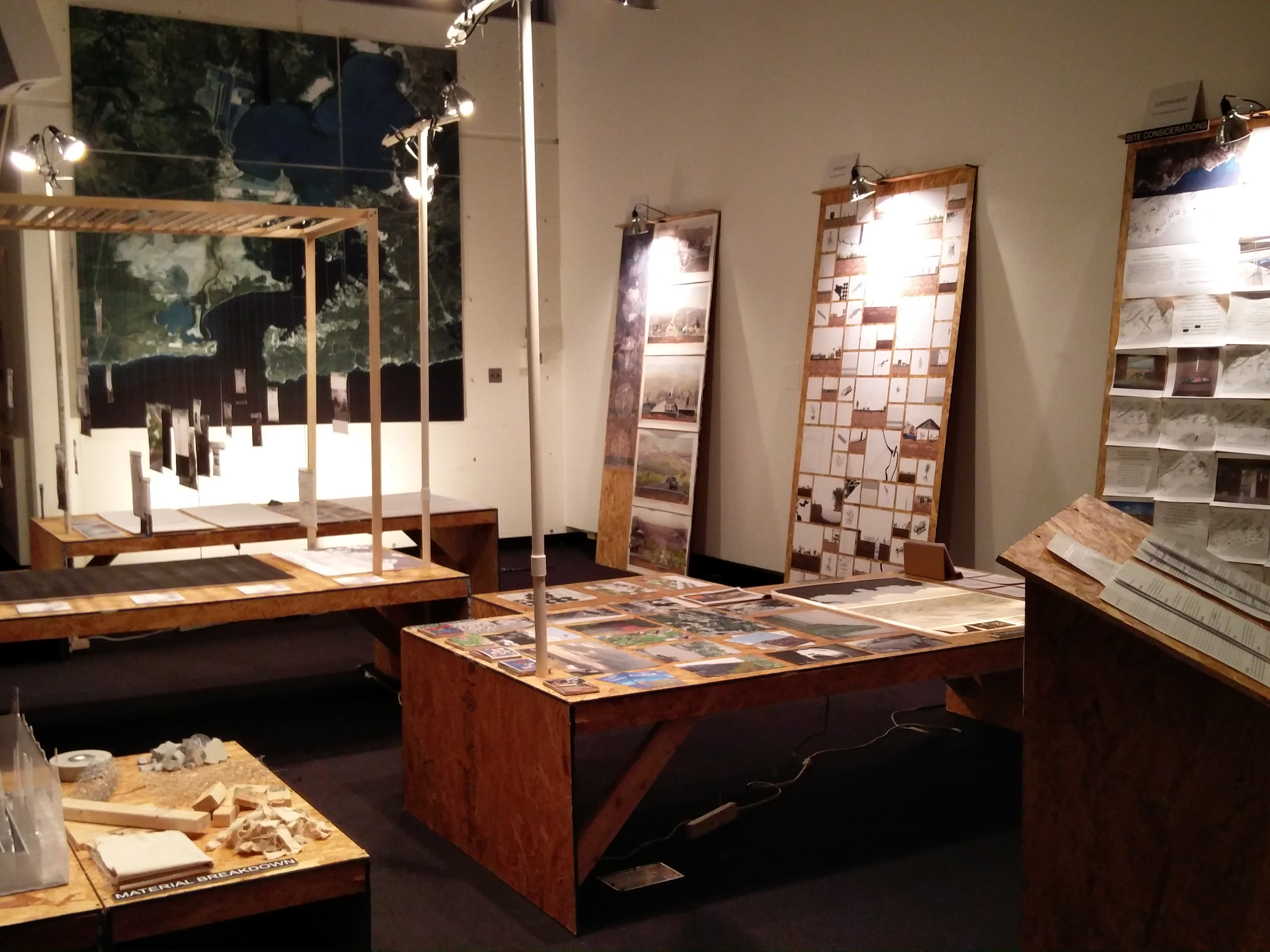
CREDITS
Studio Section: Emily Allen, Jonathan Andrews, Shimin Cao, Jenna Chaplin, Jianwu Han, Dana Kash, Chen Lu, Louise Roland, Yun Shi, Jonah Susskind, Andrew Taylor, Sonny Xu.